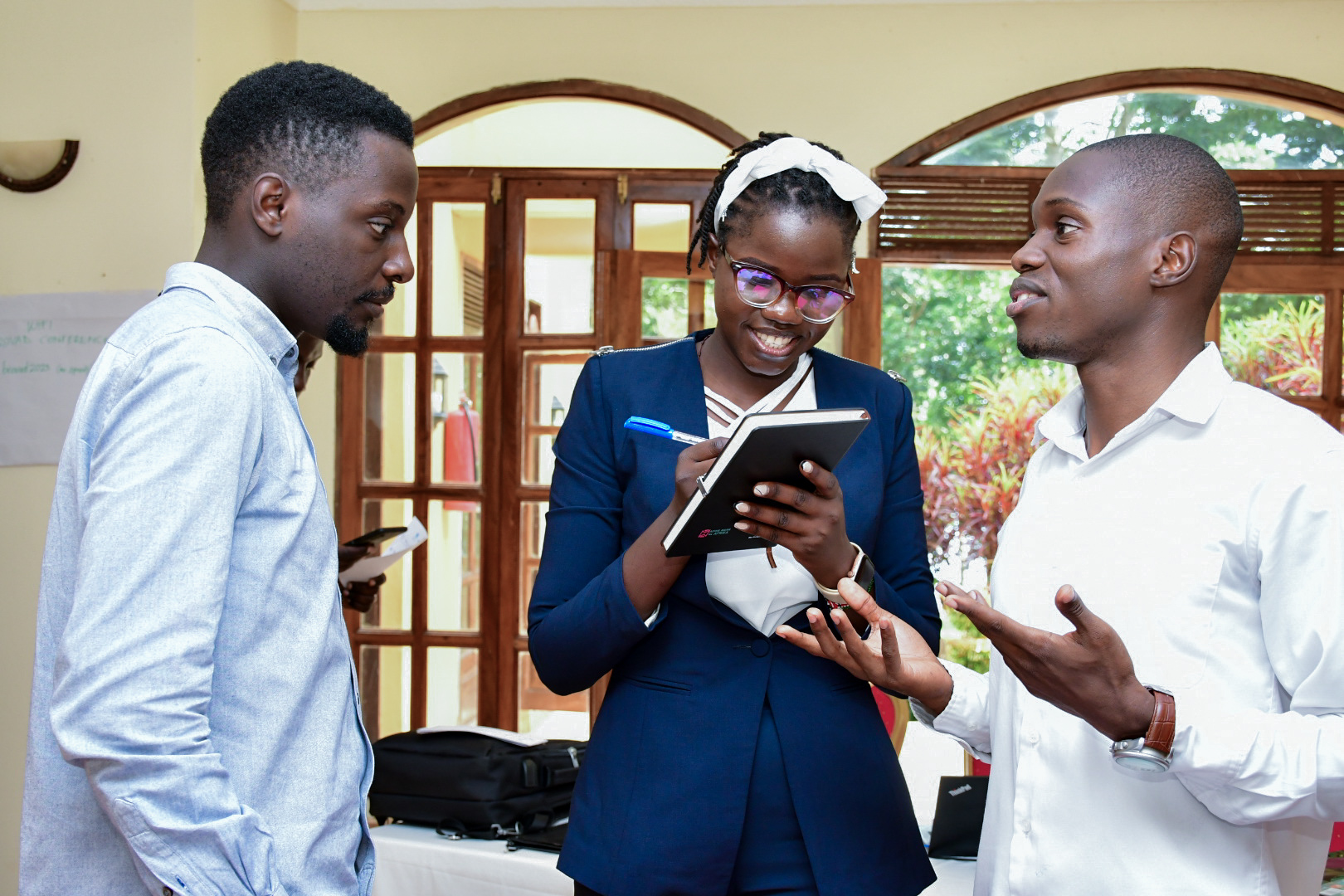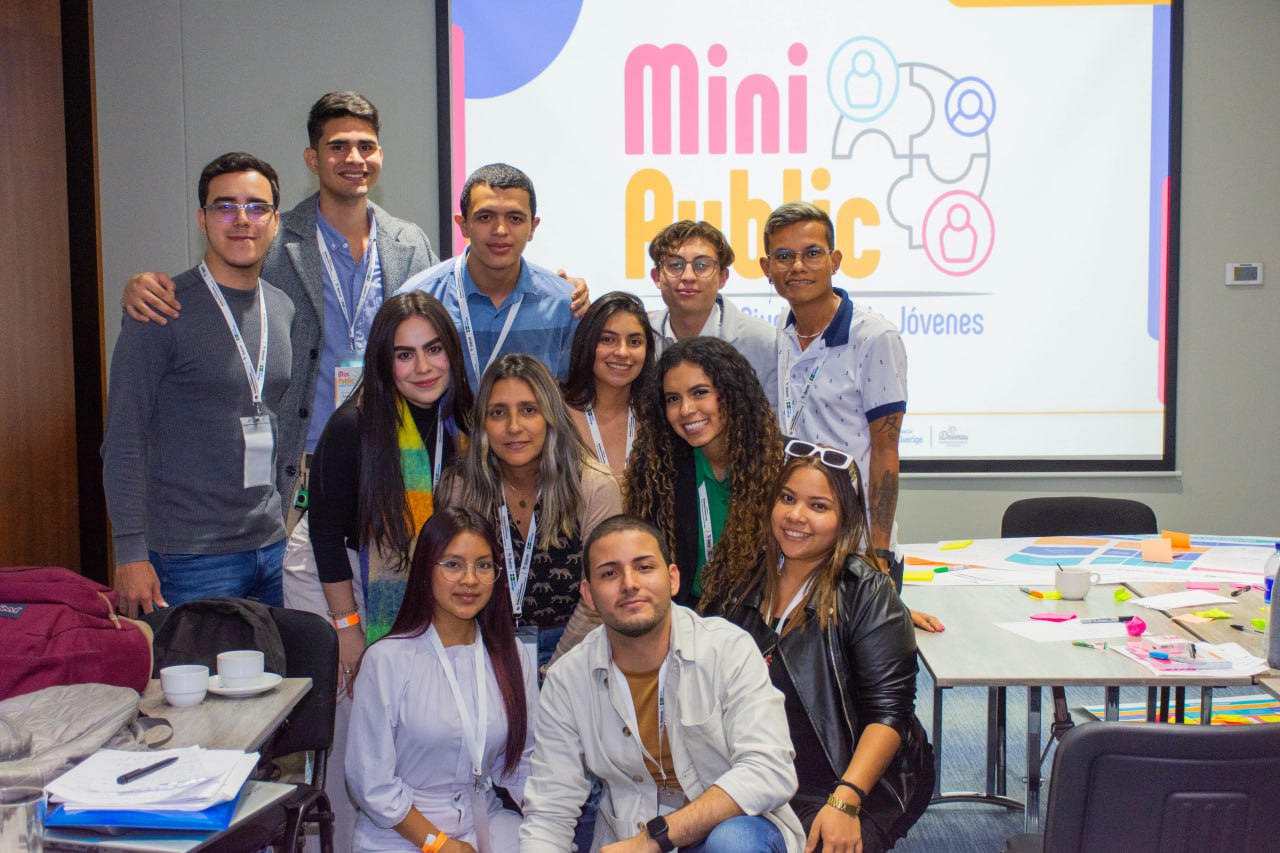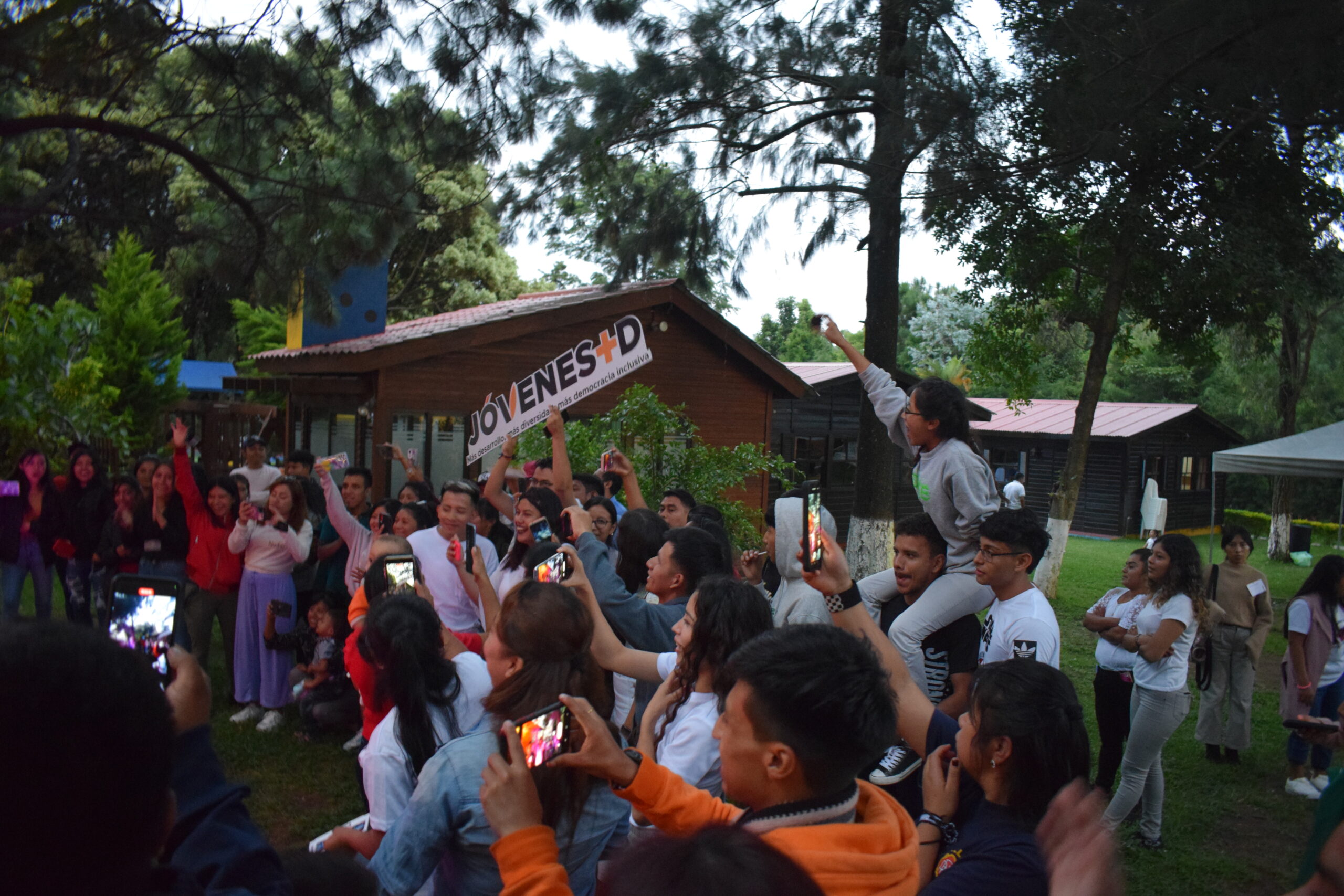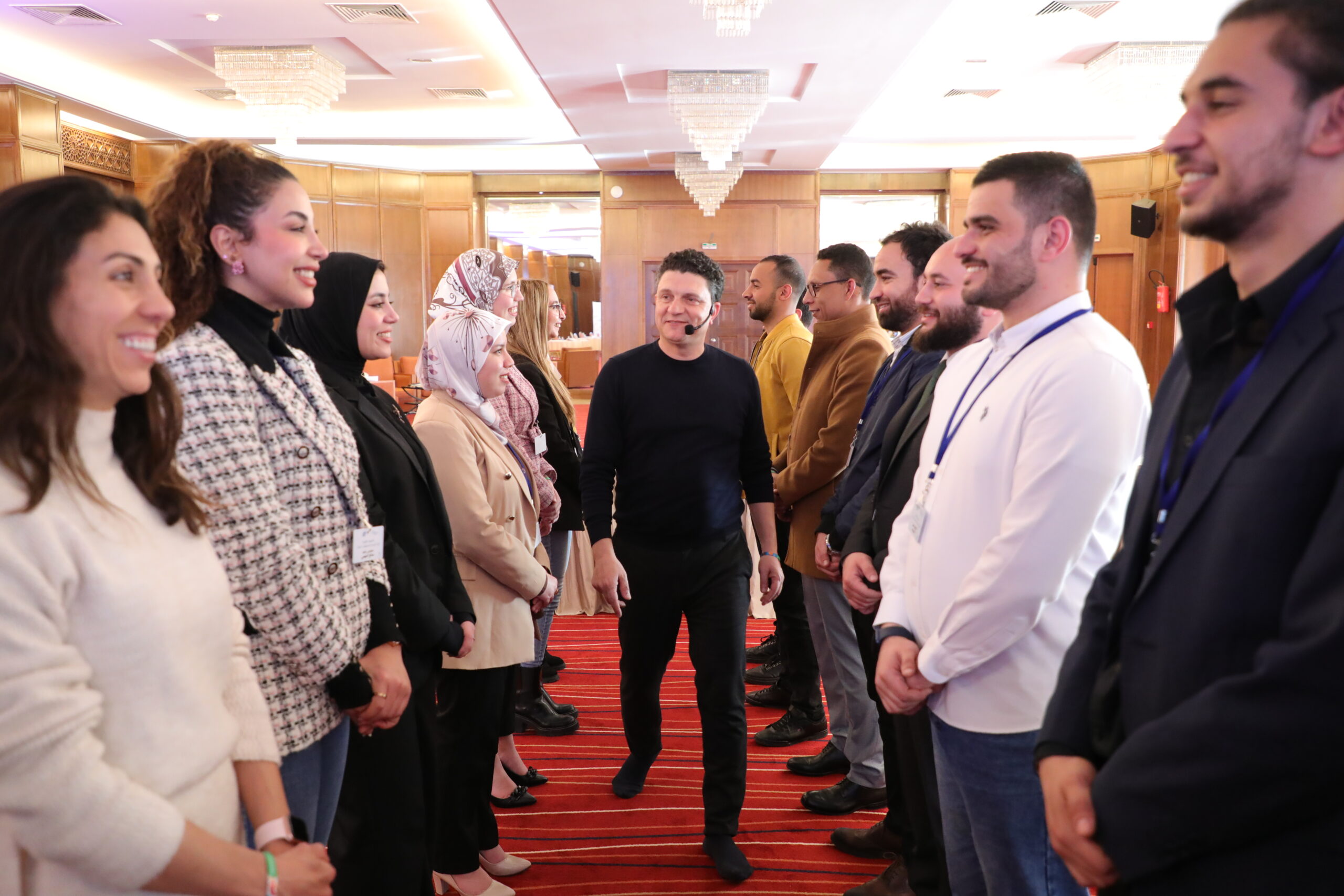Youth in Politics
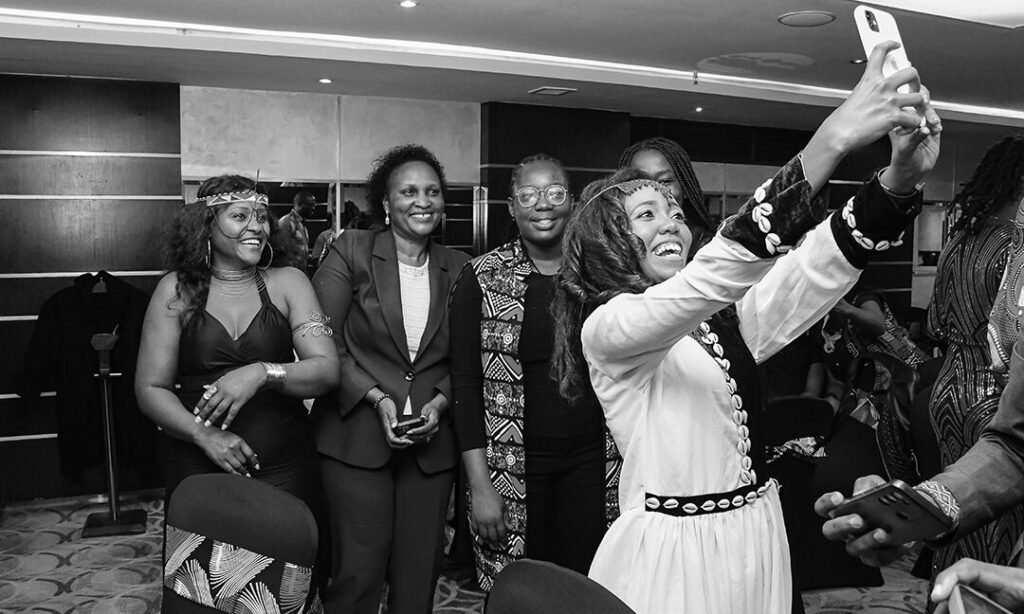
As part of our wider objective of increasing political participation among structurally excluded groups, NIMD works with young people and established politicians alike, to enable youth to take up their rightful role in politics.
- Our Goals
- Our Approach
- Practical Examples
- Our Collaborations
Our Goals
With a quarter of the global population between the ages of 15 and 35, the world has the largest generation of young people it has ever seen. This presents immense potential for progress, with each young person bringing new ideas and new energy.
Despite this, across the world, these young people are frequently excluded from political processes and political parties. As one of the most under-represented groups in political institutions, including parliament, young people often feel shut out from politics.
But, if we want to foster robust and inclusive democracies, we have to hear the voices of young people. They must have the opportunity to participate at every level of the decision-making process. Young people are the future of their country’s development. But they are also the present, and they should have the power to influence the world around them.
This is especially important given that some of the world’s toughest challenges disproportionately affect youth, including unemployment, environmental degradation, violent conflict and displacement. We need the input and power of young people to effectively counter these challenges; ensuring that policies include their views and reflect their needs.
At NIMD, we work to ensure that young people not only have a seat at the table; but that they are able to meaningfully engage in the decision-making process.
We find ways to connect to a new generation of politicians and political activists, and help them build knowledge, skills and networks to navigate the political sphere. We carve opportunities to incorporate youth perspectives in decision-making processes. And we work to create more space for youth political participation. This means shifting mindsets, garnering political will and getting commitment from governments and other actors, including politicians and political parties, civil society, development organizations, the private sector and the media.
Our Approach
Through our dialogue, Democracy Schools and training, NIMD aims to equip young people with the skills and knowledge to effectively participate in politics and forge connections with decision makers.
But young people cannot achieve political success on their own. In many countries, the existing political infrastructure creates economic, cultural and social barriers to the participation of young people. That’s why we work in an integrated way, also engaging senior decision-makers to bring everyone onto the same page. We work on different levels to ensure actors throughout the political system understand that the ideas and leadership of young people will help overcome many of the challenges facing the world today.
Dialogue is key to this integrated approach. As well as conducting our own advocacy for youth-sensitive policies, we bring young people together with senior politicians. We ensure that the diverse voice of youth is included in dialogue processes, and that young people have a chance to influence decision-making.
We work to do all of this by
Empowering Young Leaders Through Democracy Schools
Sharing skills, knowledge and values through our Democracy Schools, where the majority of students are under 35.
Building Bridges for Cross-Party Cooperation
Fostering future cross-party cooperation and collaboration by bringing together youth members of different political parties and working on trust-building, networking and joint agenda-setting.
Strengthening Youth Advocacy in Decision-Making
Supporting youth organizations and civil society organizations to lobby and advocate on youth issues and the inclusion of young people’s voices in decision-making processes.
Enhancing Youth Engagement in Political Parties
Supporting political parties in their ongoing efforts to better accommodate young people’s needs, with the goal of incorporating youth perspectives in decision-making and raising awareness of the capacity and importance of young people.
Ensuring Youth Voices in Multistakeholder Dialogues
Ensuring youth organizations and youth political representatives are involved in multistakeholder dialogue sessions, and that their voices are heard and incorporated; and introducing youth political participation as a theme in dialogue platforms.
Shaping Policies with Youth Perspectives
Facilitating the inclusion of youth perspectives into relevant policies. We do this by organizing youth dialogues on relevant topics, encouraging the subsequent development of proposals, and supporting the participants to lobby for the implementation of these proposals.
Bridging Generations in Political Leadership
Facilitating intergenerational dialogue between young people and senior political leadership. As well as providing an important networking opportunity for young people, these dialogues also aim to increase political will among senior politicians to advocate for the meaningful political participation of young people. Intergenerational dialogues help to increase trust and mutual understanding; overcome stereotypes; and diminish polarization between generations in politics.
Amplifying Youth Political Participation Through Media
Raising awareness of youth political participation by publishing research, launching media campaigns, and producing audio-visual products that harness the power of youth-orientated media such as social media, online networks, and art, music and theatre.
Adaptivity
At NIMD, all our work, but especially our work on youth participation, is based on the principle of adaptivity. We constantly evaluate and monitor any changes in the political environment, and adapt our activities and programmes accordingly. Young people are a dynamic target group, with their realities changing daily. And adaptivity allows us to respond to those realities; ensure the continued impact of our programmes; and provide a safe and secure environment for youth, even in contexts where the security situation can change rapidly.
Acknowledging the heterogeneity of young people
Through all our work, we acknowledge the multitude of diversity that exists among young people. Many young people face additional barriers to entering politics as they belong to more than one structurally excluded group. We take these multiple identities into account in the development and implementation of our programmes. From our facilitators to our participants, we engage with people of varied identities and backgrounds. So that all groups of young people in society can meaningfully contribute to politics, regardless of their age, gender, religion, disability, sexual orientation, regional or ethnic background.
The WYDE Civic Engagement Programme
Increasing political participation among young people requires a holistic approach, with work on different levels and with different groups. That’s why NIMD is also a proud member of the WYDE Civic Engagement Programme. Funded by the European Union and led by the European Partnership for Democracy, this programme aims to bring together the knowledge and competencies of different organizations to increase the meaningful participation of youth in democracy at the national, regional and global scales.
Practical Examples
NIMD’s Jóvenes+D (Youth+Democracy) project aims to give Guatemala’s young people more power and voice, by integrating their perspectives into national and municipal decision-making. Input from the participants – including many young women and young indigenous people – has been directly adopted into Guatemala’s National Youth Policy and a number of Municipal Policies.
Read more on p65.
Meet the team
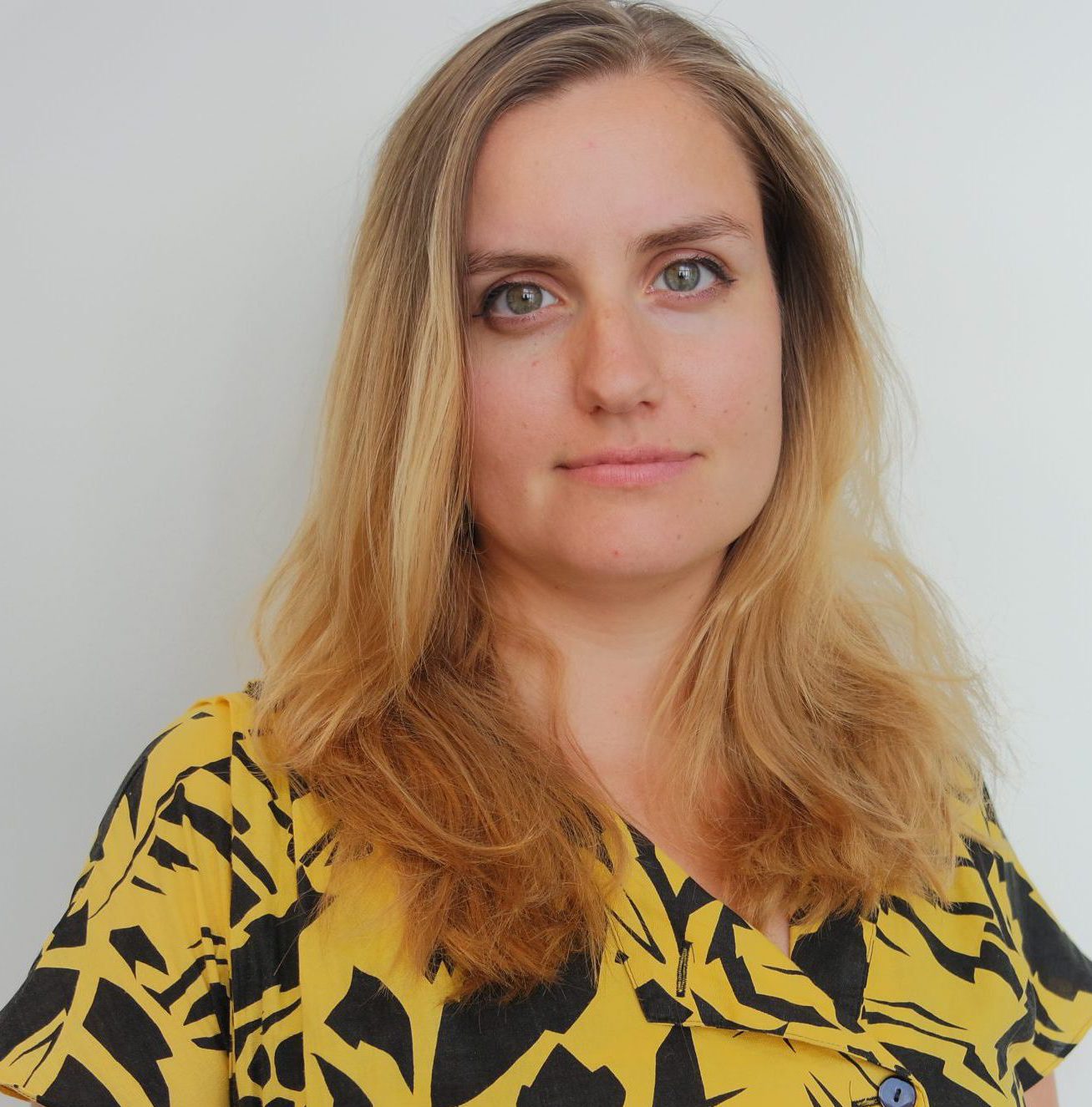 Roxanne van der Bliek
Programme Support and Knowledge Officer
Read more
Roxanne van der Bliek
Programme Support and Knowledge Officer
Read more
Roxanne van der Bliek is NIMD’s thematic lead on the topic of youth political participation. Roxanne is a young professional with a specialization in conflict, peace-building and political dialogue. The exclusion of young people’s voices has been a red line through Roxanne’s work. She has been involved in youth organizations for several years, working on youth issues at an international, national and local level. Roxanne has also worked on this topic at different political institutions, including the European Commission.
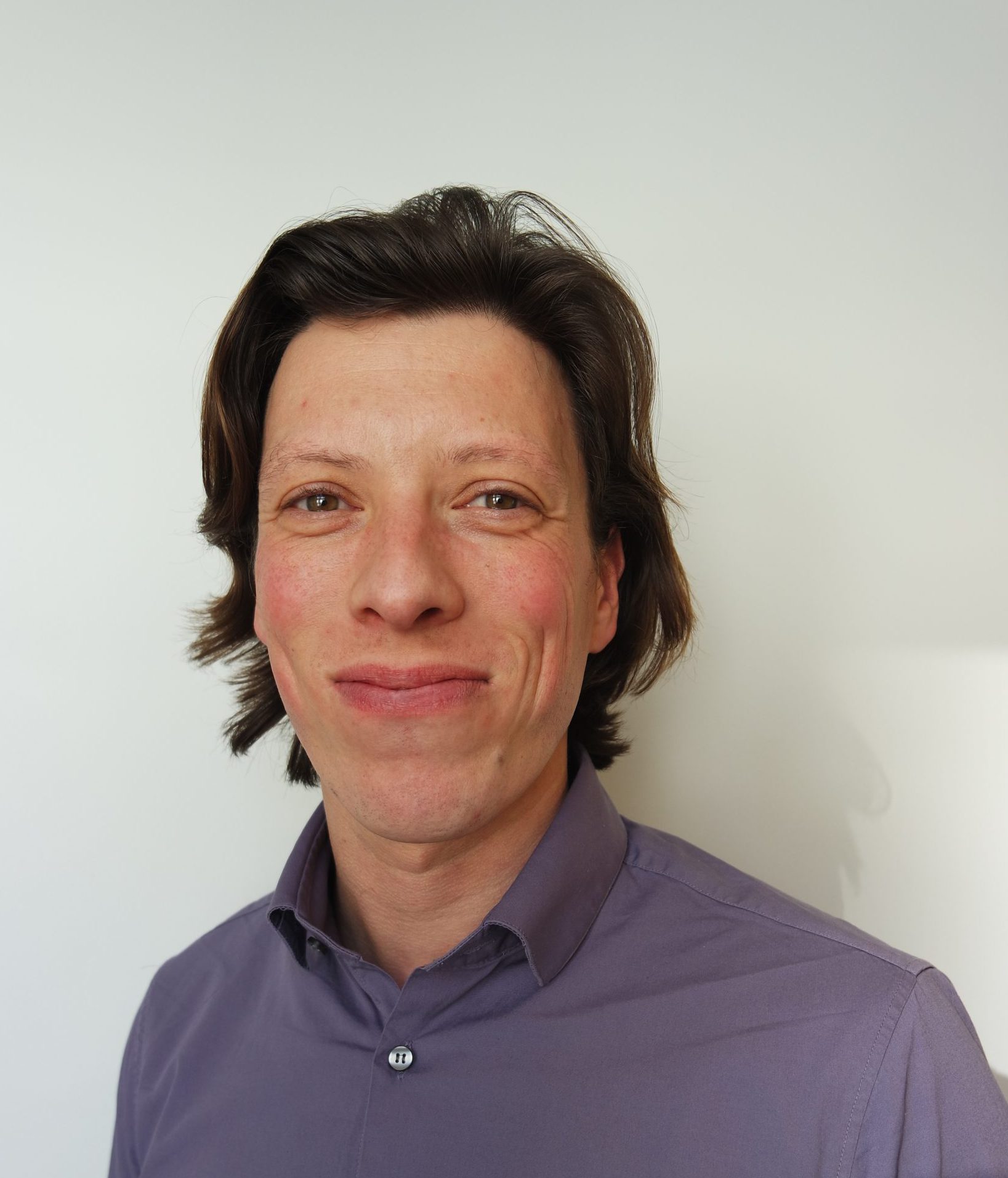 Rutger Groothuis
Programme & Knowledge Advisor
Read more
Rutger Groothuis
Programme & Knowledge Advisor
Read more
Rutger Groothuis is NIMD’s Programme & Knowledge Advisor working on the political participation of young people.

Roxanne van der Bliek is NIMD’s thematic lead on the topic of youth political participation. Roxanne is a young professional with a specialization in conflict, peace-building and political dialogue. The exclusion of young people’s voices has been a red line through Roxanne’s work. She has been involved in youth organizations for several years, working on youth issues at an international, national and local level. Roxanne has also worked on this topic at different political institutions, including the European Commission.

Rutger Groothuis is NIMD’s Programme & Knowledge Advisor working on the political participation of young people.
